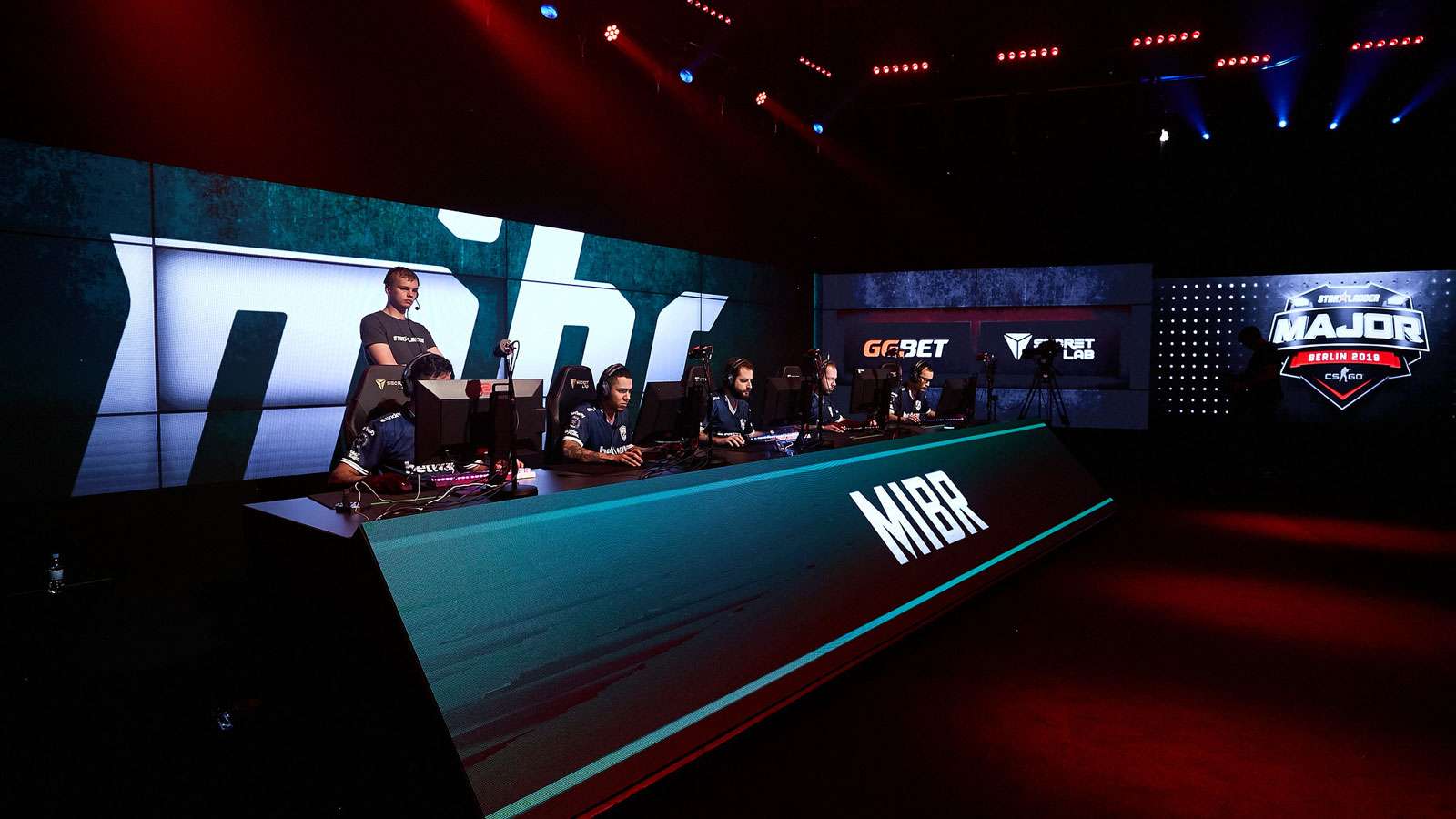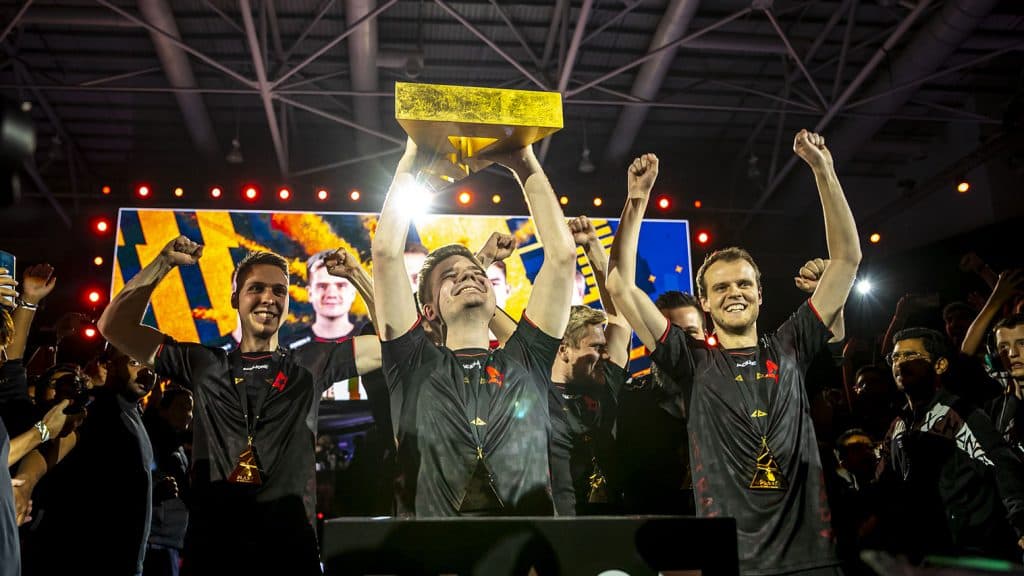MIBR management reveals how long CSGO teams wait for prize payouts
 StarLadder
StarLadderSenior Vice President of Immortals and former CS:GO analyst Tomi ‘Lurppis’ Kovanen revealed on Twitter how long teams have to wait on average to receive their prize pool winnings from tournaments, and who is affected most by the delays.
While the competitive Counter-Strike scene may not have that single annual tournament with an engorged prize pool like Dota 2’s The International or the Fortnite World Cup, there are still millions of dollars up for grabs spread out across the whole year.
As leagues continue to be created and evolve, like the ESL Pro Tour and the BLAST Premier series, players can expect more cash to be injected into the prize pools going forward as the scene continues to grow and expand.
 BLAST Pro Series
BLAST Pro SeriesHowever, despite the growth within the pools themselves, it appears the scene is still struggling to grow when it comes to a timely release of the winnings to its recipients. Lurppis, a former CSGO analyst and current SVP of Finance and Business Development at the Immortals Gaming Club, says that prize money payments are still a “real issue.”
https://twitter.com/tomi/status/1218136602427514880
Lurppis states that MIBR, the Brazilian CSGO roster and brand that is owned and operated by Immortals, on average received their prize payouts five whole months after tournaments ended in 2019, and that several events still hadn’t paid out weeks into 2020.
The long waits for payments from tournament organizers mirror the issues brought up by freelancer broadcast talent towards the end of 2019, when caster Henry ‘HenryG’ Greer called out StarLadder for late payments.
Lurppis brought up the issues with talent in his recent tweets as well, saying “TOs just need to do better— this isn’t any different from the reported issues with payments to talent.”
He did acknowledge that for big organizations like Immortals and well-paid players like the MIBR roster, the problems with prize pool payouts are “less of an issue,” but that it could be “hugely problematic for upcoming players on low (or no) salary.”
https://twitter.com/tomi/status/1218203897979899910
Even if players are being well-paid, they are still losing out on a significant portion of money, as he writes that “players usually get 90% or so” of prize money, meaning “this only directly hurts players.”
https://twitter.com/tomi/status/1218139507461185537
Finally, Lurppis tore into the notion of tournament organizers being unable to pay on time because they are waiting for sponsorship money, saying it’s “poor management” and “sincerely [hoping] they go under” if they operate like that.
https://twitter.com/tomi/status/1218143195214815238
MIBR is scheduled to compete in the upcoming ESL Pro Tour and the BLAST Premier series, and will compete in the Challengers stage in front of their home crowd at the ESL One Rio major in May.